

Welcome to the home page of Arab Society for Fungal Conservation (ASFC). ASCF decreed by No. 699/2013 as a scientific and cultural society aims to promote, protect and develop ecosystems & wildlife habitats and its biotic components especially fungi. ASFC aims to raise awareness on the importance of fungal conservation and access to more economic sustainable methods harmonious with nature and human life in the Arab world.
Arab Society for Fungal Conservation was founded during the Sixteenth Congress of European Mycologists, which was held in Greece in September 2011 to work on the preservation of fungi in the Arab world as a result of what ails fungi from my inside reports on biodiversity in all Arab countries or mind within the plant kingdom and lack information about them, taking into account the fact that this association is still nascent.
Why fungi are important? The fungi are a huge assemblage of organisms. Best current estimates suggest there are around 1.5 million species worldwide, of which only about 5% have so far been discovered. That means around 95% are still unknown. Fungi comprise one of the great kingdoms of biology - the others include the animals, bacteria, plants and protozoa. Fungi are totally different from all of those. They are found in all main freshwater, marine and terrestrial ecosystems. The most obvious impacts fungi have on human life are as foodstuffs (for example yeast, which is a fungus, is essential for making bread and alcoholic drinks), antibiotics (penicillin, for example, is a fungal product), and through diseases of crops and domesticated animals. But their real impact, although less obvious, is actually much greater. They are phenomenally important, providing key ecosystem services, for example as recyclers of nutrients, and without fungi life on this planet could not be sustained.
Fungal conservation:Although the wellbeing of fungi is essential for life on this planet, amazingly, up to now, they have been almost totally overlooked by all mainstream conservation movements. But the fungi have no special features which protect them from destructive human activity. Like animals and plants, they too are endangered by climate change, habitat destruction and pollution. They too need their champions to protect them. The Arab Society for Fungal Conservation, which was established specifically for that purpose, is the first society in the Arab world explicitly devoted to conserving fungi.
Address: Botany and Microiology Department, Faculty of Science, Suez Canal University, Ismailia 41522, Egypt.
Vision: Arab Society for Fungal Conservation bother to support efforts to create a network of associations working in the field of fungal conservation at various levels (local and international) and raise the level of awareness among scientists in the Arab world to promote the protection of wildlife and biodiversity of fungi and microorganisms.
Mission: Promotion, protection and development of ecosystems, habitats and wildlife and its diverse especially fungi from different aspects, and raise awareness of the importance of fungal conservation and access to more economic methods of sustainable and harmonious with the nature of human life in the Arab world.
Membership of the Society is open to individuals and organizations sympathetic to the Society's aims. For further information about the new society, particularly if you are interested in becoming a Member, please contact asfc2013@ymail.com attached with Curriculum vitae and copy of ID national card or passport.
Objective and activities:
The objective of the Society is to promote conservation of fungi (macro and micro) in Arab worlds. In addition, it works to:
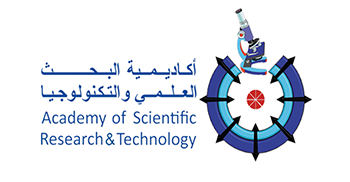
Governance
ASFC is directed by the Board of Directors, all of whom are volunteers elected by a General Assembly of founding members. Board meetings are held on a monthly basis, and the approval of a majority of the Board is required for all major policy decisions. The Chairperson of ASFC is also elected by the Board. The General Assembly supervises the activities of the Board, and the Ministry of Social Affairs monitors the organization as a whole. The Ministry reviews ASFC’s accounts and conducts regular audits.A new board of directors will be selected soon in the coming weeks during the annual general assembly meeting.
Membership
Download Membership form in EnglishDownload Membership form in Arabic
1- Science &Technology Exploration Center of Port Said
(Port Said, Egypt, 05 November 2014)


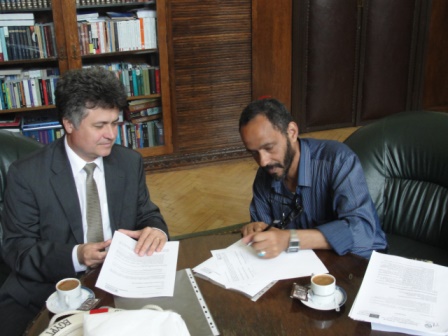
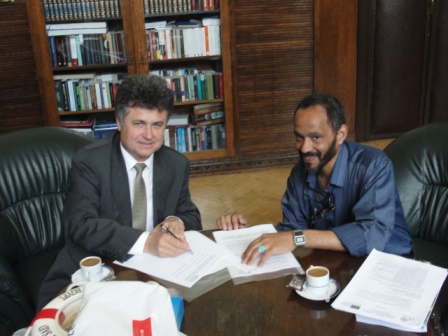
3- The Korean Society of Mycology (Korea, 18 January 2016)
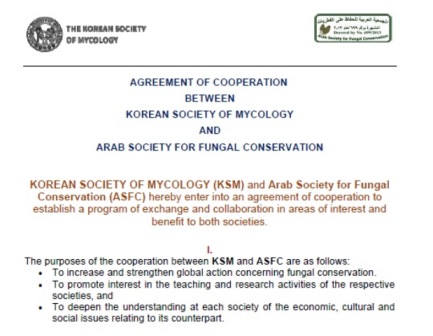
4- Minnesota Mycological Society (USA, 8th of August 2016)
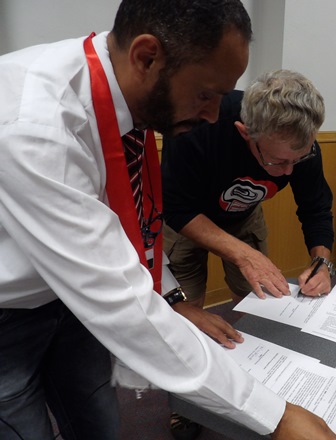
5- The National Institute of Oceanography and Fisheries (Alexandria, Egypt, 29 January 2017)
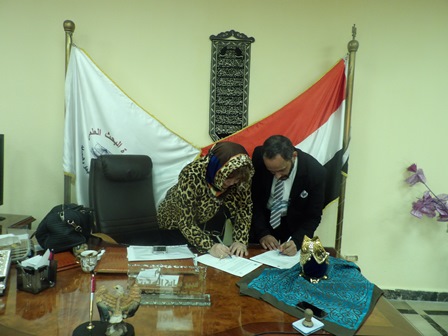
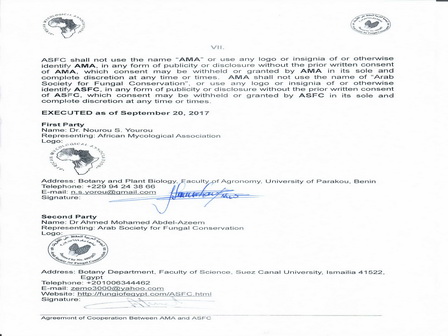
Microbial Biosystems is an open access, non-profit, and peer reviewed journal which publishes original papers in all aspects of microbial biology by the Arab Society for Fungal Conservation. MBJ is founded and ownered by Arab Society for fungal Conservation in 2016. MBJ is a biannual journal till the end of 2025. In 2026 it will be quarterly published. The journal is open to papers dealing with all aspects of Microbial biology, systematics, and ecology. Research studies containing novel and significant findings, from the molecular level to ecosystems are welcome.Click on the button to know more about MBJ
Copyright © 2014 - Fungi of Egypt | Sponsored by Mohamed bin-Zayed Species Conservation Fund
Developed by Shady Salah